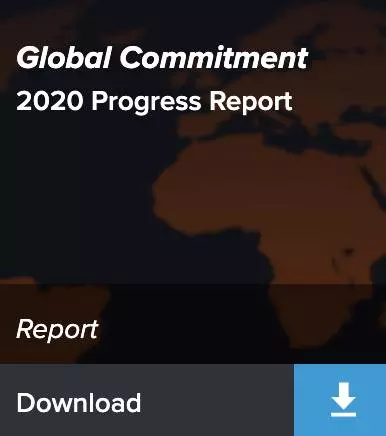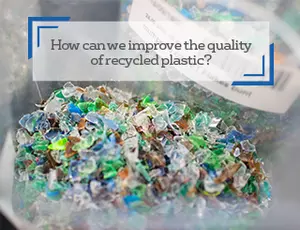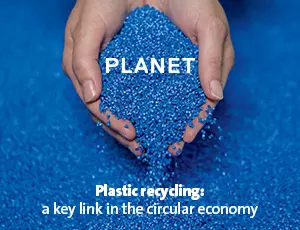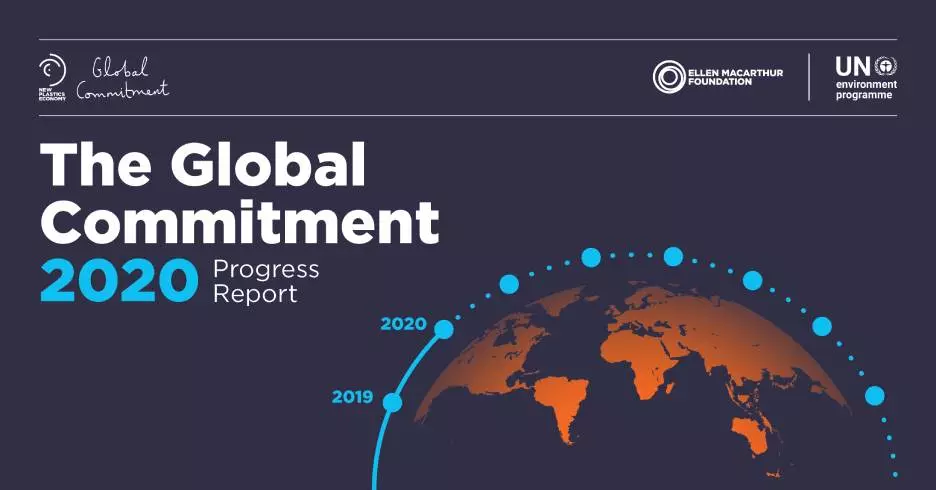
During the 5th "Our Ocean" conference in Bali held at the end of October 2018, the Ellen MacArthur Foundation and the United Nations Environment Programme (UNEP) launched the "New Plastics Economy Global Commitment", an initiative which brings together more than 500 signatories (companies, governments, NGOs, universities and other organizations) around various goals for 2025 in line with a shared vision of creating a circular economy for plastic. After a first progress report in 2018, the second progress report covering 2018-2019 data was shared on 5 November during a digital dialogue session organized by the Foundation in partnership with The Financial Times.
Eliminating all single-use and problematic plastic items, innovating to make all plastic reusable, recyclable or compostable and keeping all the plastic we use in circulation, in the economy and out of the environment, reducing the use of virgin plastic, etc. are all issues the signatories have pledged to act upon between now and 2025. They have jointly mobilized more than 10 billion US dollars in finding solutions. This second report shows that while progress has been made in some areas between 2018 and 2019, progress varies significantly between signatories and very many challenges still have to be met in relation to combating plastic pollution.
Significant progress on two key points
• The use of recycled material in plastic packaging increased between 2018 and 2019 with 22% more recycled content in packaging for signatory retailers. This increase contributed to a 0.1% reduction in the total volume of virgin plastic used by these companies in their packaging over the same period.
• The elimination of some plastic packaging considered problematic or non-essential, such as PVC, single-use plastic bags and straws, has also seen a significant shift with 100% of governments and 81% of signatory companies that have this type of plastic in their product portfolio having taken measures to eliminate or reduce one or more of these categories.
Major areas to be explored in greater depth
Despite significant progress, other progress has been limited and more needs to be done to reach the 2025 targets:
• Increasing the recyclability of plastic packaging: 36% of the plastic packaging of retail sector signatories was stated to be non-recyclable.
• Reducing the need for single-use packaging: the proportion of reusable plastic packaging for these same signatories was 1.9% in 2019. Their efforts are concentrated on a small scale on a few product lines and only a small minority of brands are exploring bolder ideas than substituting plastics with other plastics or reducing the weight of packaging, with a view to scaling up across their portfolio or deriving significant revenue from reuse models.
Following these various observations, the Foundation calls on the signatory companies and governments to step up their efforts by setting more ambitious plastic reduction targets, creating an international framework for action on plastic pollution and reconsidering certain principles such as "extended producer responsibility".
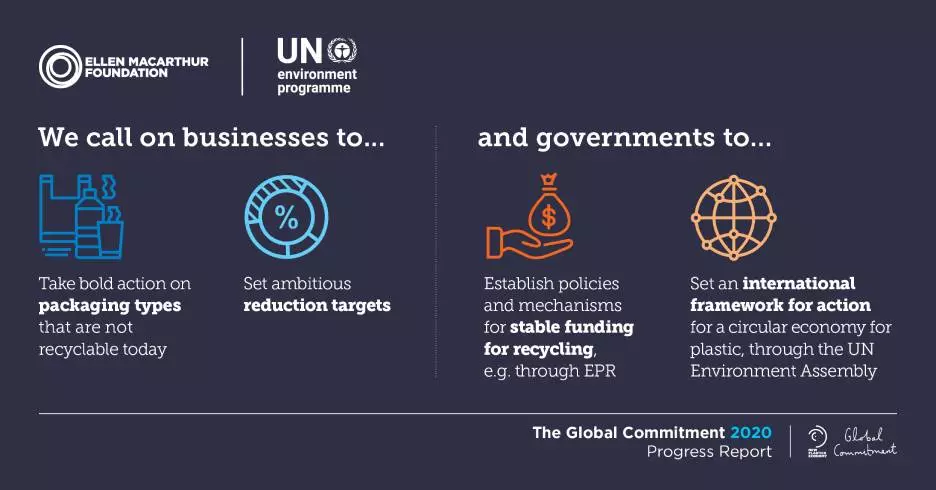

« The recycled content commitments by brands and retailers and the resulting off-take agreements we set up with them have been very helpful to comfort Veolia's commitment to invest in new recycling plants and to achieve our 2025 target of multiplying our plastic processing activity 5-fold by 2025. » Sven Saura - VP Recycling - Veolia
Plastics recycling at Veolia
With more than 350,000 metric tons of plastics recycled in 2019 in 32 plants across Asia and Europe for several multinationals, including Danone, Nestlé, Unilever and RB, Veolia is actively working in the circular economy for plastic and with the Ellen MacArthur Foundation. Mainly involved in recycling PET, PP and PE, the Group aims to recycle 610,000 metric tons/year of plastic waste across the world by 2023.



